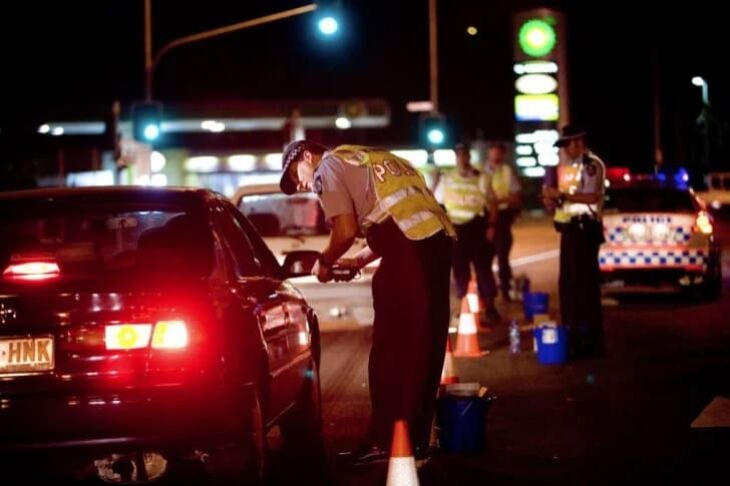
Lead author Dr Danielle McCartney from the Lambert Initiative.
Researchers at the University of Sydney’s Lambert Initiative have analysed all available studies on the relationship between driving performance and concentrations in blood and saliva of tetrahydrocannabinol (THC), the intoxicating component of cannabis.
The surprising results indicate that blood and oral fluid THC concentrations are relatively poor or inconsistent indicators of cannabis-induced impairment.
This contrasts with the much stronger relationship between blood alcohol concentrations and driving impairment. The findings have implications for the application of drug-driving laws globally, the researchers say.
The study was published recently in Neuroscience & Biobehavioral Reviews.
Lead author Dr Danielle McCartney, from the Lambert Initiative for Cannabinoid Therapeutics, said: “Higher blood THC concentrations were only weakly associated with increased impairment in occasional cannabis users while no significant relationship was detected in regular cannabis users.
“This suggest that blood and oral fluid THC concentrations are relatively poor indicators of cannabis-THC-induced impairment.”
For the study, researchers pooled data from 28 publications involving consumption of either ingested or inhaled forms of cannabis. They then characterised the relationships between blood and oral fluid THC concentrations and driving performance (or driving-related skills such as reaction time or divided attention).
For infrequent, or occasional cannabis users, some significant correlations between blood and oral fluid THC concentrations and impairment were observed. However, the researchers note that most of these relationships were “weak” in strength.
No significant relationship between blood THC concentration and driving performance was observed for ‘regular’ (weekly or more often) cannabis users.
“Of course, this does not suggest there is no relationship between THC intoxication and driving impairment,” Dr McCartney said. “It is showing us that using THC concentration in blood and saliva are inconsistent markers for such intoxication.”
















